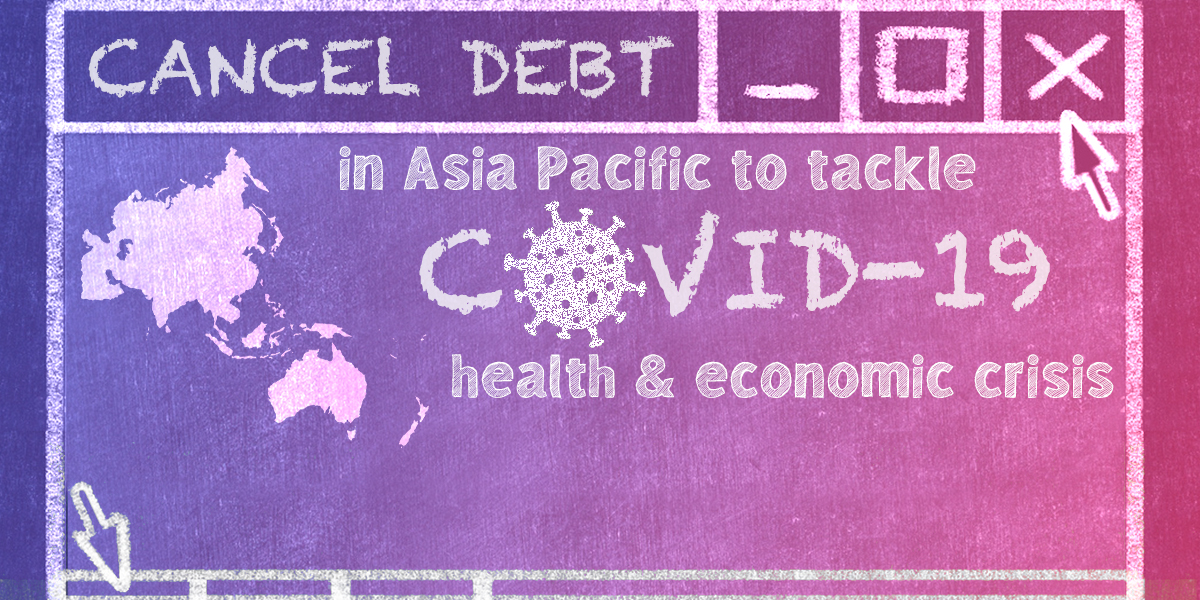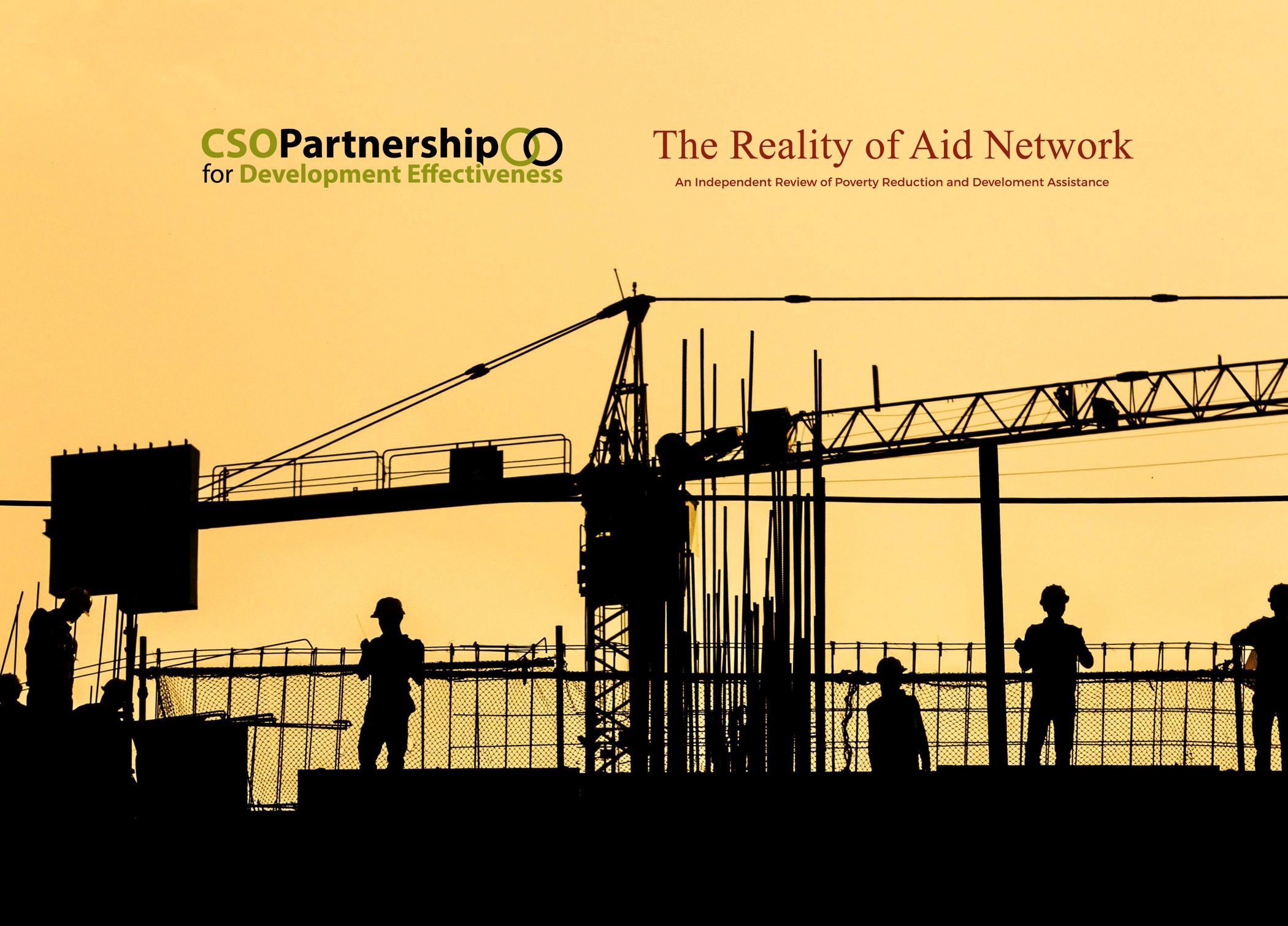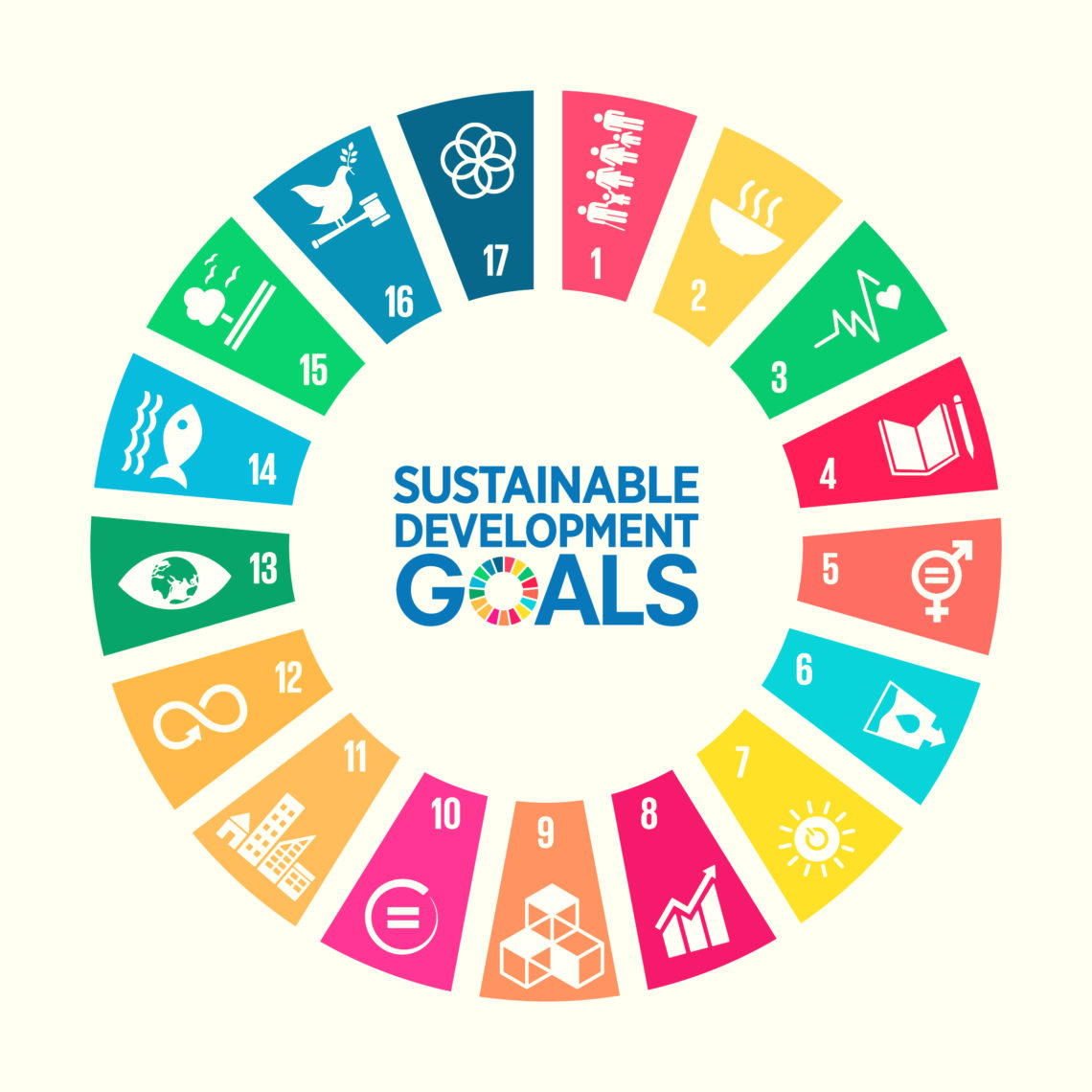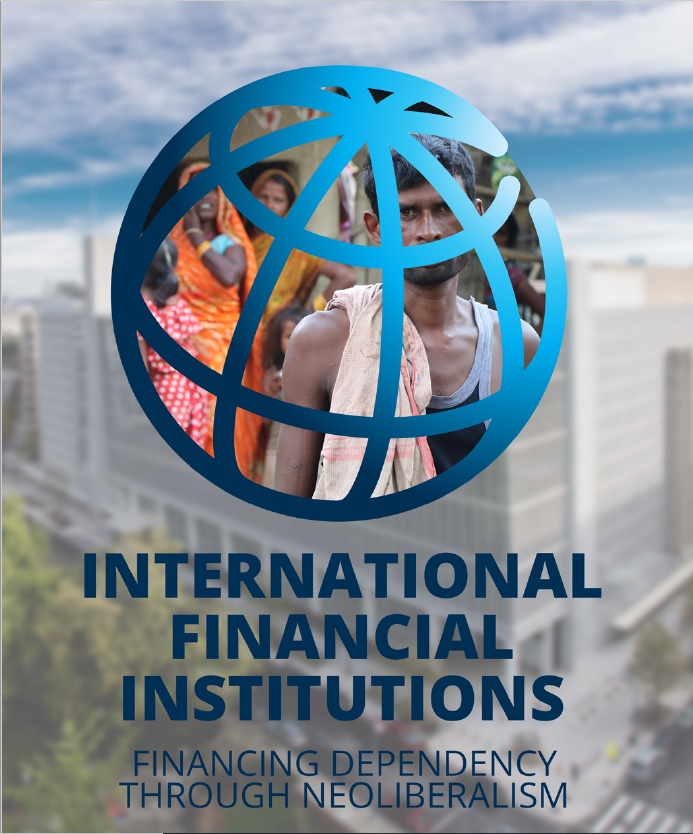News and Events
Developing countries in Asia Pacific are trapped in the vicious cycle of debt. To say that the region is in distress or is in crisis is an understatement, and for decades, developing countries have been spending more of their revenues to pay their dues at the expense of the needs of their peoples. The COVID-19 pandemic heightened the reliance of developing countries to debt and while international finance institutions (IFIs) rapidly provided stimulus
The Asian Infrastructure Investment Bank (AIIB) and the New Development Bank (NDB) have touted themselves as the much-needed alternatives to the Western-dominated traditional International Finance Institutions (IFIs) like the World Bank Group (WBG) and International Monetary Fund (IMF). The two new banks entered the development financing landscape to much fanfare with their mandate of catering to the development needs of the South, particularly in building sustainable infrastructure. Five years into their operation, how do they
Cancel Debt in Asia Pacific to Tackle Covid-19 Health and Economic Crisis JUNE 25, 2020 4PM Manila / 6PM Sydney REGISTER NOW: https://bit.ly/AidTalks_CancelDebt MORE INFO HERE: https://www.facebook.com/events/597177160931480/ *The Aid Talks webinar will also be live streamed on YouTube and available after the event. With potential impacts of the global COVID-19 pandemic on sovereign debt for the poorest countries in the Asia Pacific region there is a growing regional and international call for the cancellation of all
In the 7th Asia-Pacific Forum on Sustainable Development (APFSD) held virtually last May 20, the United Nations Economic and Social Commission for Asia and the Pacific (UNESCAP), government ministers, civil society organizations (CSOs), and other stakeholders discussed the status of the Agenda 2030 in addressing poverty and inequality, further worsened by the COVID-19 pandemic. We are left behind. Panelists reported the obvious – we have a long way to go in achieving the goals set
More than 80% of the world’s poorest will live in fragile contexts by 2030, making the fragility agenda central to the Leave No One Behind and Agenda 2030 discussions. In addition, climate change is a major risk in achieving the Sustainable Development Goals, with forecasts for climate-induced migration varying from 25 million – 1 billion by 2050. Add to these the countless conflicts and wars around the world, and now a global pandemic and recession.
Rising to prominence in the wake of World War 2, international finance institutions (IFIs) were formed by multiple countries, purportedly for economic cooperation for postwar reconstruction as well as regulating postwar debt payments between countries. But they have evolved into institutional mechanisms to establish global capitalist order and impose policies and programs that ultimately benefit developed countries that dominate these IFIs. Rather than fostering mutual cooperation in an enabling environment of respect for each other’s
SITEMAP
Research and Publications
RoA Reports
CONTACT
Global Secretariat
3F 114 Timog Avenue
Quezon City, Philippines 1103
+63 2 8927 7060 to 62 loc 201, +63 02 7007 0249
secretariat@realityofaid.org
KEEP IN TOUCH
STAY UPDATED





